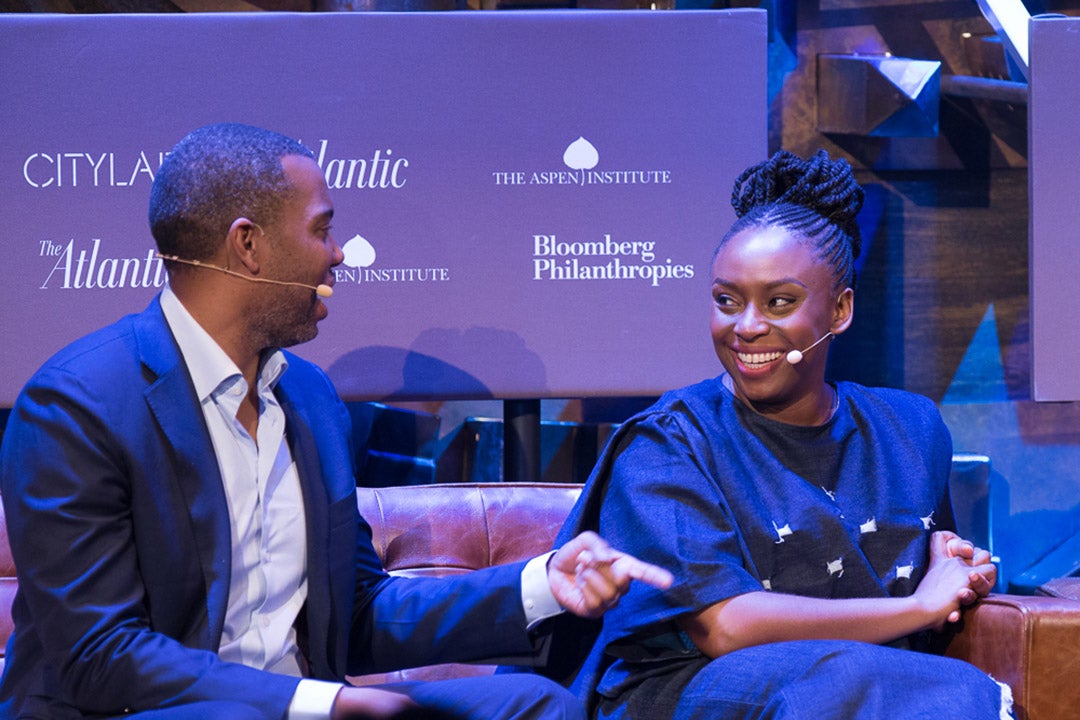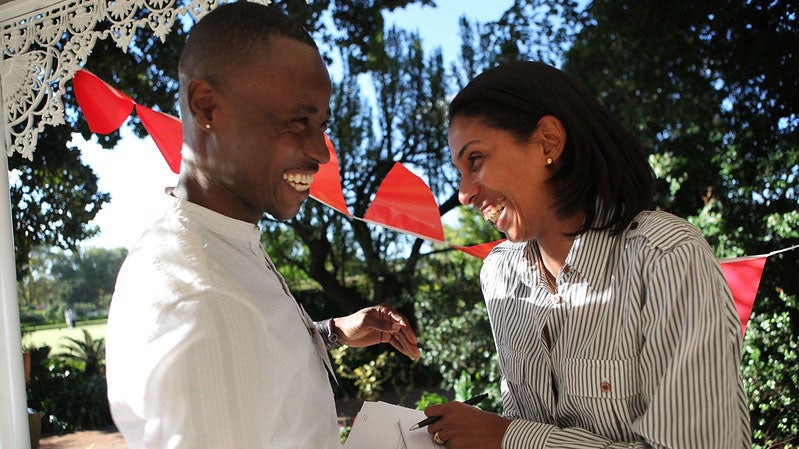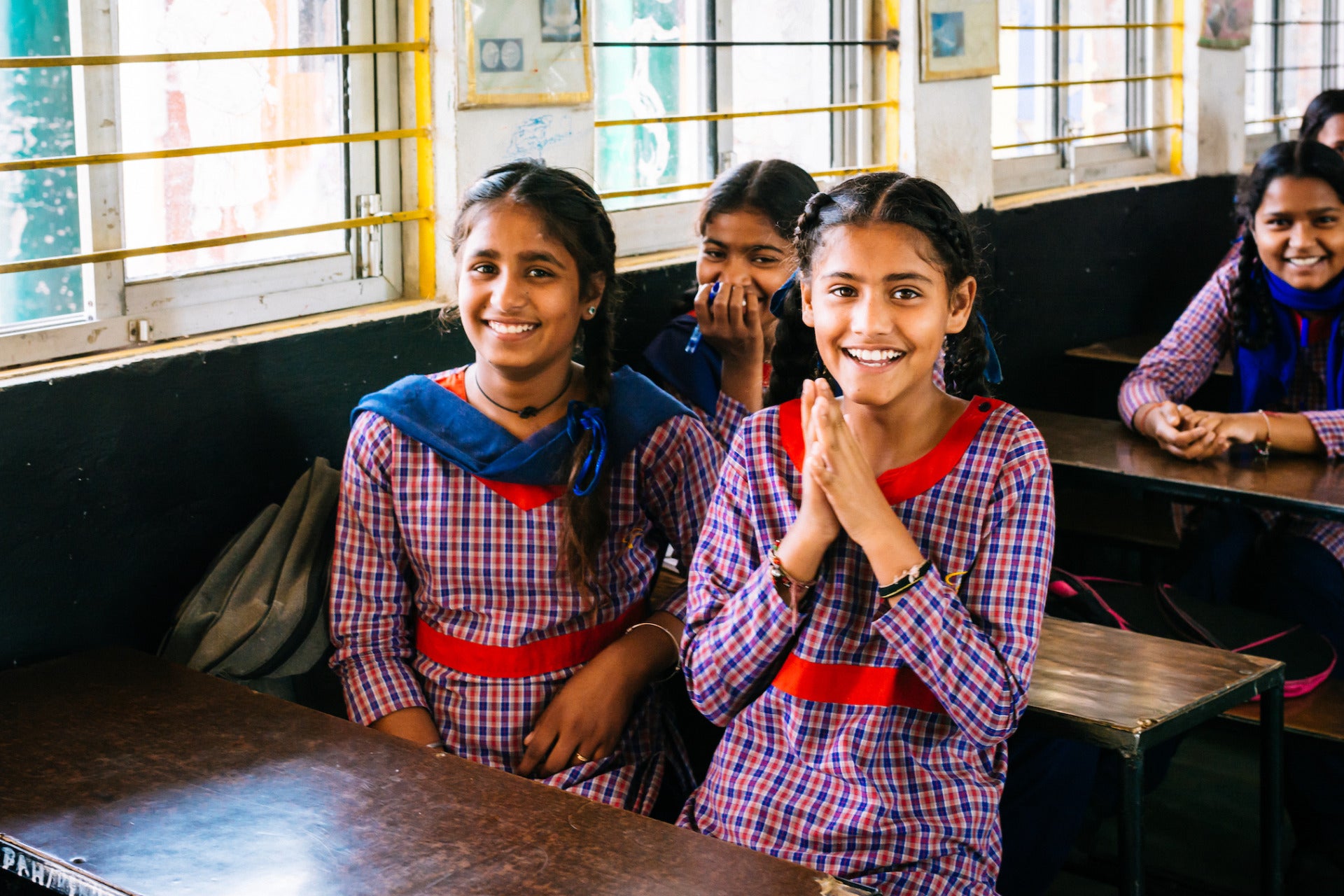Yuriko Koike’s upstart national political party nearly unseated Japan’s longtime ruling party. Instead, a dramatic gender gap remains in Japanese political leadership. She spoke with Former U.S. Ambassador to Japan Caroline Kennedy at CityLab Paris.

Japan’s national elections did not quite live up to the expectations of Tokyo Governor Yuriko Koike. In late September, when she formed an upstart national political party, the Party of Hope, to challenge the long-ruling Liberal Democratic Party, it looked as though she was positioned to do the unthinkable: unseat Prime Minister Shinzo Abe and become the first woman to serve as Japanese prime minister.
But Koike stopped short of mounting a head-on campaign against Abe. Early this month, she declined to stand as the head of the Party of Hope in the October 22 election. Her decision may have helped Abe to rally supporters and maintain the LDP’s super-majority rule. Abe crushed the opposition, thanks in part to smart tactics—he called the election a year earlier than it was scheduled—and also in part to the hard line he has held against North Korean missile tests.
“After this recent election, I felt again [that] there is a very strong barrier for women,” says Koike, in her remarks through a translator to attendees at CityLab Paris on Monday morning.
Japan has one of the worst records in the world for female political representation, and that continued with its most recent election. Even in Koike’s own party, only one-fifth of the candidates were women, according to The New York Times.
“There is a glass ceiling, unfortunately. I passed over this glass ceiling with strength,” says Koike, referring to her election as Tokyo’s first woman governor in 2016. (Tokyo is led by a governor rather than a mayor.) “I would like to continue to make efforts to help women get into politics.”
Koike may be ideally suited to do so for the next two years—at a minimum. As the leader of the regional Tokyoites First Party and the national Party of Hope, Koike is poised to become Japan’s Emmanuel Macron: a leader willing to scrap traditional opposition politics and build a new party from whole cloth. Along with Masaru Wakasa, her primary lieutenant and another Democratic Party rebel, Koike is pushing for fundamental government reforms in Japan, including a proposal to scrap the current legislative model and replace it with a one-house parliamentary system.
At CityLab Paris, Koike talked about innovation in climate change, including “Super Cool Biz,” a strikingly low-tech campaign that calls on Japanese office workers to dress casually for work. (The idea is that fewer men wearing suits in the summer means less need for air conditioning.) Asked about terrorism by former U.S. Ambassador to Japan Caroline Kennedy, Koike said that Japan’s status as an island nation proffered some natural defenses to attacks, although she noted that cyber terrorism and climate change were significant threats.
Koike’s position as a powerful leader of one of the largest cities in the world may eventually help her to shatter the glass ceiling in Japan and dethrone the LDP, which has enjoyed virtually uncontested rule since 1955.
But Koike’s next challenge could ultimately derail her efforts: hosting the Tokyo 2020 Summer Olympics. The Olympics are rarely a great bet for cities, costing billions of dollars and yielding mega-stadiums that often go disused. Zaha Hadid’s design for a galactic Olympic stadium stirred controversy early, before the design was scrapped; it may prove harder for Japan to course correct from the massive debt it is likely to incur.
While Koike can hardly be held responsible for the decision to bid on the games, as the host and steward of the 2020 Olympics she may nevertheless feel voters’ wrath if the runup to the games goes wrong. Toshiro Muto, chief executive of Tokyo’s 2020 organizing committee, has called on Koike to focus all her attention going forward on the Olympics. She may need to do exactly that if she plans on a run for the nation’s highest office.
This article originally appeared at CityLab.


